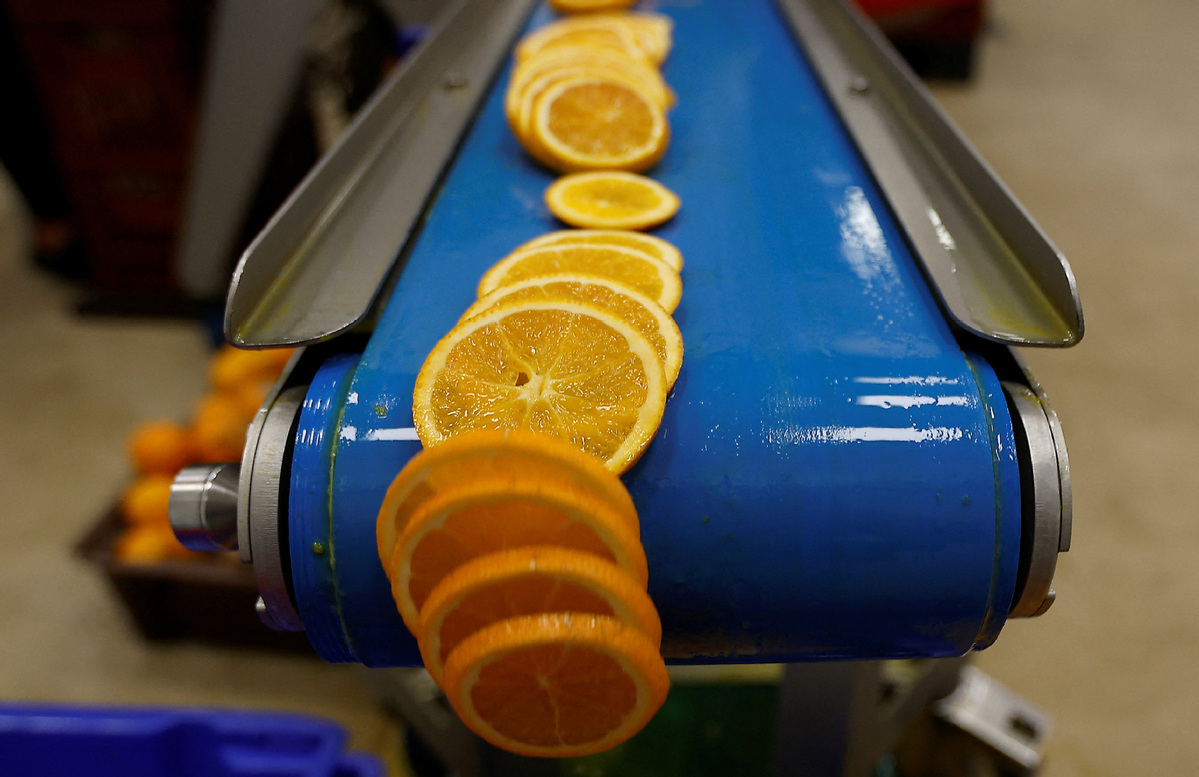Seasonal worker shock as contracts end
By JULIAN SHEA in London | China Daily Global | Updated: 2022-11-14 09:26

Seasonal fruit pickers flown in to the United Kingdom from Nepal have reportedly been left thousands of pounds out of pocket after their six-month contracts came to an end after just two months.
For years, Britain's agricultural sector relied heavily on casual workers from the European Union, an arrangement that was brought to an end by Brexit, and also from Ukraine, which has become far more difficult because of the ongoing conflict.
To deal with this, the government created a system known as the Seasonal Agricultural Workers Scheme, or SAWS, which saw workers coming from as far away as Nepal and Kazakhstan.
The Observer newspaper reports that some workers are now being told their services are no longer required after just one-third of their contracted time, leaving many in debt, having borrowed money to come over, and also facing heavy charges to change existing travel arrangements.
The terms of the visas workers were granted to come into the country restrict the industries in which they are allowed to work. The British government website explanation of SAWS specifies "you can work in the job described on your certificate of sponsorship … you cannot take a permanent job or work in a second job or a job that isn't described in your certificate of sponsorship".
The Observer quoted an email it had seen sent by an employment agency to workers in Kent, saying that if they failed to leave the farm where they were working "we will have to cancel your visas and to blacklist you, unfortunately".
One Nepalese fruit picker told the Observer he had sold his shop on the strength of the contract offer he had received in the UK, but now faced redundancy with a debt equivalent to around one year's salary in Nepal.
"They told us six months will be good money for us, but we get less money than we did in Nepal. If we go back, we don't have any work," he said.
This year's hot weather has had a major impact on the agriculture industry, reducing the need for workers, with some of those most vulnerable paying the heaviest price.
Britain's soft fruit industry is particularly reliant on seasonal workers. The BBC quoted the British Berry Growers' trade association as saying that in the last two years, the value of product lost because of labor shortages had doubled, with an estimated 36 million pounds ($42.5 million) worth of produce going to waste in 2021, out of an industry total of 760 million pounds.
The Dundee Courier newspaper said that just six weeks before this year's soft fruits season began, without consulting farmers the Home Office implemented a new costing system which meant SAWS-hired staff had to be paid a higher hourly rate than British workers doing the same job. The farmers interviewed by the paper said this was a post-Brexit attempt to discourage the use of foreign workers.
























